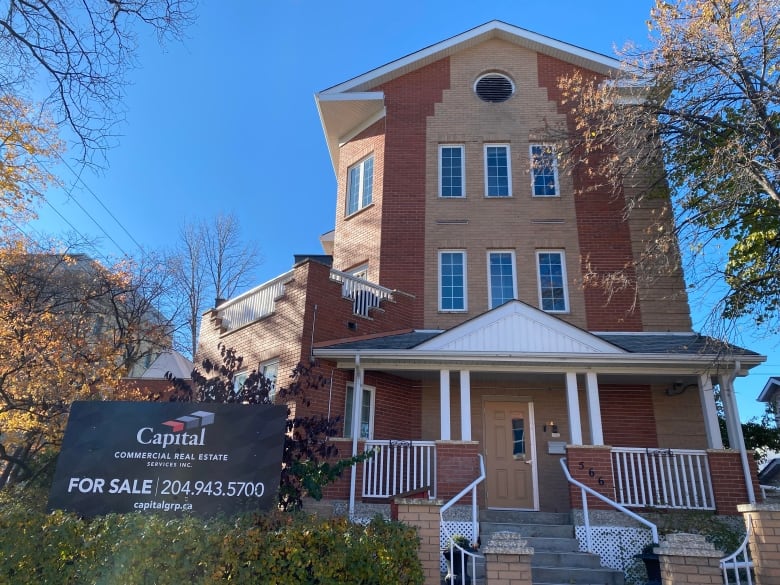Indigenous-led safe space for vulnerable women receives over $1.5M in funding from … – CBC
Velma's House, an Indigenous-led safe space for women and gender-diverse people at risk of violence and exploitation, will get over $1.5 million in new funding, the provincial government announced Thursday.
The operating funds for the Ka Ni Kanichihk facility, which provides access to basic needs such as shelter, meals and hygiene supplies, were announced on Human Trafficking Awareness Day.
Velma's House, which first opened its doors in 2021, is one of the only safe spaces for exploited women that operates 24/7 in Manitoba.
“We love you where you're at. We don't judge you. We don't look at what happened in your past and we don't blame you for anything that is happening to you and the work that you have to do to survive,” Ka Ni Kanichihk executive director Dodie Jordaan said Thursday during a Human Trafficking Awareness Day event at the Canadian Museum for Human Rights.
Velma's House currently provides visitors with access to employment counselling, assistance navigating the health-care system and housing support, as well as access to basic needs. The facility is open to anyone 18 or older who identifies as a woman or a gender-diverse person.
The new provincial funding will allow Velma's House to focus more on daily services rather than on fundraising, Jordaan told CBC.
It also will help create a clinic that will offer basic health services, she said.

Staff at Ka Ni Kanichihk, an Indigenous-led organization that uses Indigenous knowledge and traditions to provide healing and community-focused services, expected around 850 visits to Velma's House in the first year of operation but there were more than 11,000, Jordaan said.
Human traffickers target Indigenous women at disproportionate rates, Jordaan said.
Traffickers are told “Canada doesn't care about their Indigenous women, so target them. They won't look for them, they won't do the work that needs to happen to protect them,” Jordaan said.
“The opportunity is greater if you target Indigenous women.”
Ka Ni Kanichihk grounds its support and services in Indigenous traditions, knowledges and cultures, Jordaan said, listening to knowledge keepers and guided by the community.
“Culture is prevention and intervention,” she said.
Exploring both land-based teachings and colonialism and its impact on Indigenous Peoples also creates pockets for healing, Jordaan said.
Ka Ni Kanichihk received nearly $7 million in funding from the federal government in October to help expand Velma's House, allowing the service to move to a bigger location and provide overnight access.
The provincial government also promised last week to provide $100,000 to support a sex-trafficking awareness campaign.
The money, which went to the Joy Smith Foundation, a Winnipeg-based non-profit organization, will be used to educate young Manitobans about the dangers of trafficking.
The money will help Velma's House offer round-the-clock supports that include meals, a place to sleep, and connections to housing and employment.
This “Eyes on Trafficking” story is reprinted from its original online location.
 ABOUT PBJ LEARNING
ABOUT PBJ LEARNING
PBJ Learning is a leading provider of online human trafficking training, focusing on awareness and prevention education. Their interactive Human Trafficking Essentials online course is used worldwide to educate professionals and individuals how to recognize human trafficking and how to respond to potential victims. Learn on any web browser (even your mobile phone) at any time.
More stories like this can be found in your PBJ Learning Knowledge Vault.
EYES ON TRAFFICKING
This “Eyes on Trafficking” story is reprinted from its original online location.
ABOUT PBJ LEARNING
PBJ Learning is a leading provider of online human trafficking training, focusing on awareness and prevention education. Their interactive Human Trafficking Essentials online course is used worldwide to educate professionals and individuals how to recognize human trafficking and how to respond to potential victims. Learn on any web browser (even your mobile phone) at any time.
More stories like this can be found in your PBJ Learning Knowledge Vault.
